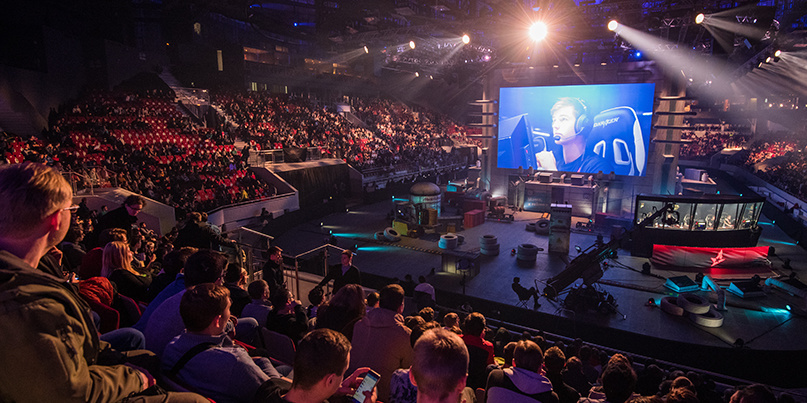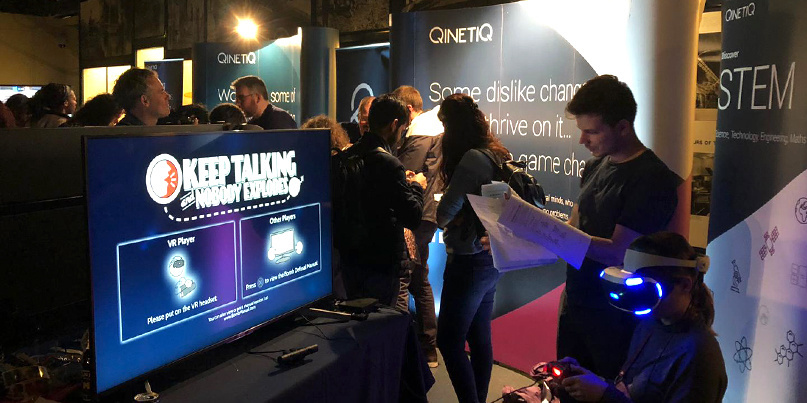The soft skills developed by gamers are no longer being ignored by the security industry

Gaming is sometimes seen as a trivial activity that gets in the way of other, seemingly more productive tasks.
However, there are a range of ‘soft’ skills that dedicated gamers develop and improve – such as working within a team, learning tactical skills, and attention to detail – all of which can be key to triumphing over an opposing force or getting their hands on that coveted loot box.
Interestingly, it’s not just that an enthusiastic gamer may naturally progress into the world of coding, mods, and cracks.
According to British security and defense contractor QinetiQ, the skill sets gamers develop are remarkably similar to those demanded in the cybersecurity field and, therefore, can be put to good use.
Gaming and security
QinetiQ recently revealed a partnership with the British Esports Association to drive forward the idea that the gaming community has much to contribute to the cybersecurity sector.
An event that took place at the Science Museum in London on Wednesday (September 25) brought together cybersecurity professionals and esports players to test out the theory.
Teams of hackers and esports gamers took on Rocket League, as well as VR-based and lock-picking tasks.
The aim of the event was to draw parallels between the skills valued in security and gaming – whether this is the challenge of getting past network defenses in red team operations or leading a group through a virtual dungeon.
David Viola, ethical security tester at QinetiQ said that gaming and security skills often “translate strongly” and “the skill to combine passion, planning, and knowledge together in a balanced, and coordinated fashion, never changes”.
 QinetiQ hosted a crossover esports and cybersecurity skills event in London yesterday
QinetiQ hosted a crossover esports and cybersecurity skills event in London yesterday
Career pathways
QinetiQ is not the only company looking at esports and gaming as a pathway for encouraging the next generation to consider cybersecurity a viable career path.
In August, six college teams competed at the Wicked6 Cyber Games, testing their gaming skills against cyber-attack scenarios.
This gamification model is becoming common across the cybersecurity industry.
Offensive Security’s OSCP qualification, for example, uses virtual systems containing loot boxes as task objectives to demonstrate an applicant’s growing hacking skills.
Moreover, bug bounty programs as a whole provide an outlet for those seeking a challenge and a reward for problem-solving.
Speaking to The Daily Swig, one QinetiQ cybersecurity professional, unable to be named due to the nature of his work, said that businesses have traditionally struggled with translating gaming skills into workplace value, and this is mainly an “issue of perception related to what different generations had access to growing up,“ given there is a lack of a “common frame of reference”.
“We are approaching a point in our society where yesterday’s gamers are today’s young professionals and parents,” the cybersecurity professional added.
“We have an opportunity to play today’s games with our children, to share the skills we developed and let them push the boundaries […] I suspect society’s perceptions and the recognition of how these skills apply in industry will become more widespread.”
RELATED ‘Attitude is more important than your current skill set’ – What it takes to become a red teamer






